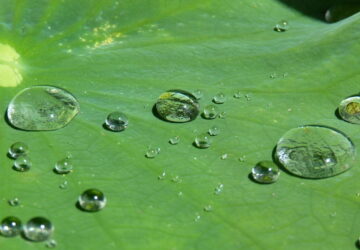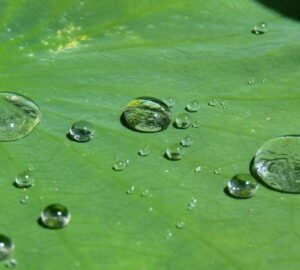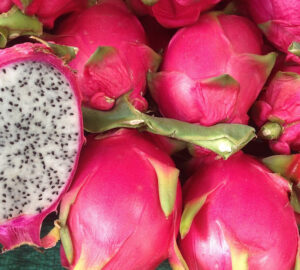Aloe vera, often dubbed the “plant of immortality” by ancient Egyptians, has captured the fascination of gardeners and health enthusiasts alike for thousands of years. This succulent perennial native to Africa is renowned for its myriad of health benefits and versatile applications. In this article, we’ll explore the rich history, potential health advantages and common uses of the remarkable aloe vera plant.
The Plant of Immortality
The illustrious history of aloe vera spans over 6,000 years, with ancient Egyptians bestowing it the title of the “plant of immortality.” They harnessed its healing properties for various medicinal purposes. Today, aloe vera continues to be a beloved remedy, cherished for its multi-faceted utility.
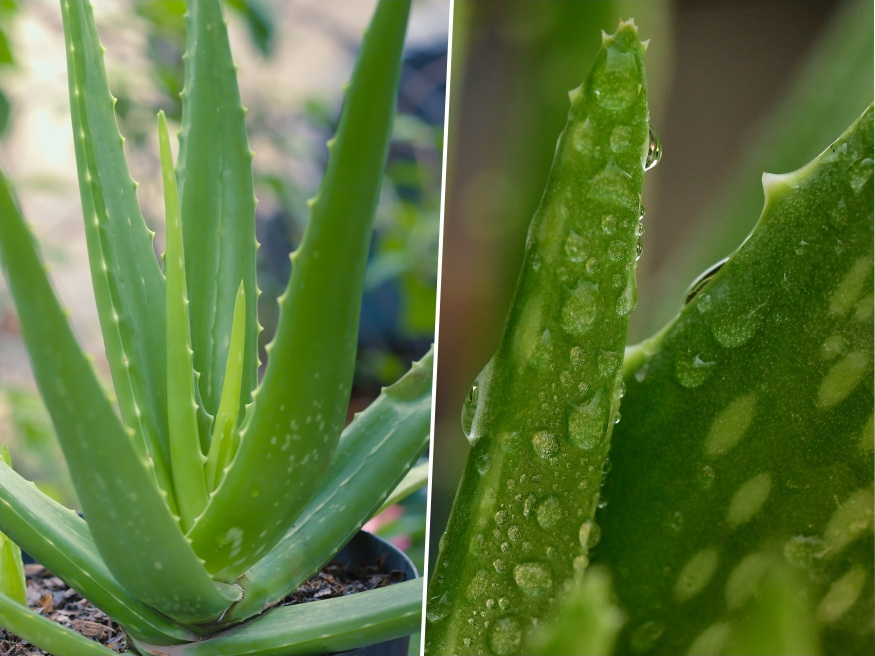
Skin Care and More
Aloe vera’s versatility extends to modern skincare. The thick gel inside its fleshy leaves is a treasure trove of benefits. It serves as a soothing moisturizer, sun lotion and even a natural food flavoring. However, caution is essential, as consuming aloe latex, derived from the green fibrous part of the leaves, can be risky in excessive amounts. Pregnant women, individuals with hemorrhoids or kidney issues, and those planning surgery should steer clear of it.
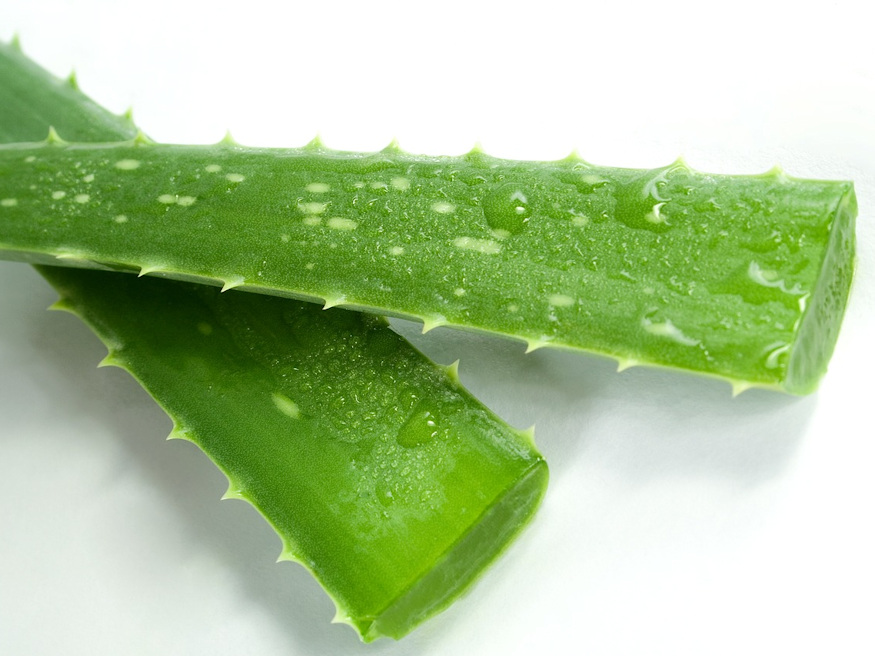
Healing Wonders
Aloe vera’s true marvel lies in its rich composition of over 200 biologically active ingredients, such as amino acids, polysaccharides, vitamins, enzymes and minerals. These components facilitate nutrient absorption in the human body and bestow the plant with antibacterial, antiviral and antifungal properties.
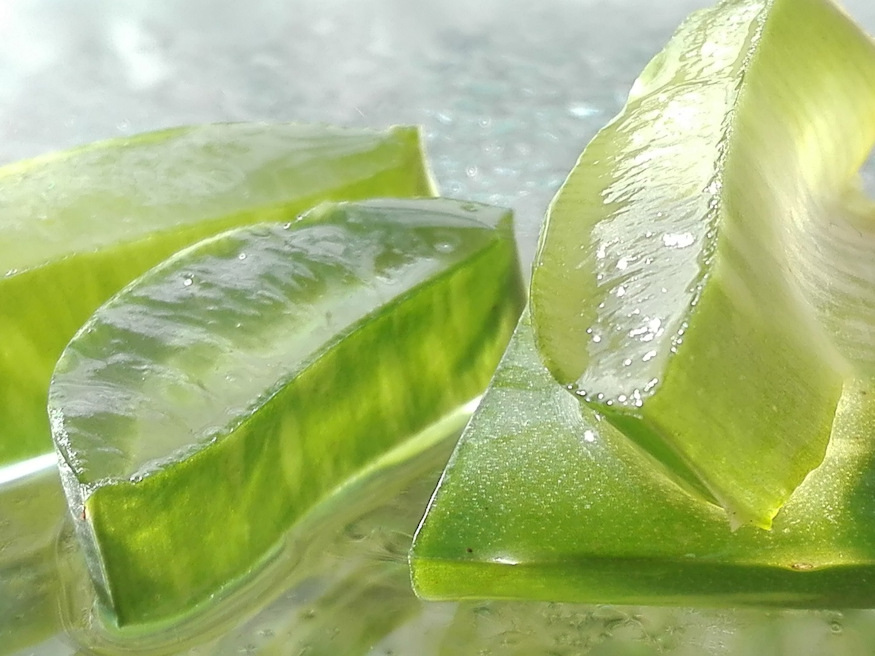
Aloe Vera’s Nutritional Treasure Trove
- Vitamins: Aloe vera boasts an array of essential vitamins, including B12, which is vital for red blood cell production, as well as vitamins A, C, E, folic acid, choline, B1, B2, B3 (niacin) and B6.
- Minerals: This plant is a mineral powerhouse, offering magnesium, calcium, zinc, chromium, selenium, sodium, iron, potassium, copper and manganese.
- Enzymes: Aloe vera contains enzymes like amylase and lipase, aiding in the digestion of fats and sugars.
- Amino Acids: With 20-22 essential amino acids, aloe vera supports various bodily functions and contains salicylic acid, valuable for combating inflammation and bacteria.
Beyond Health Benefits
Apart from its remarkable health advantages, aloe vera can also adorn your home as an exotic ornamental plant. Yet, its benefits are more than skin deep.
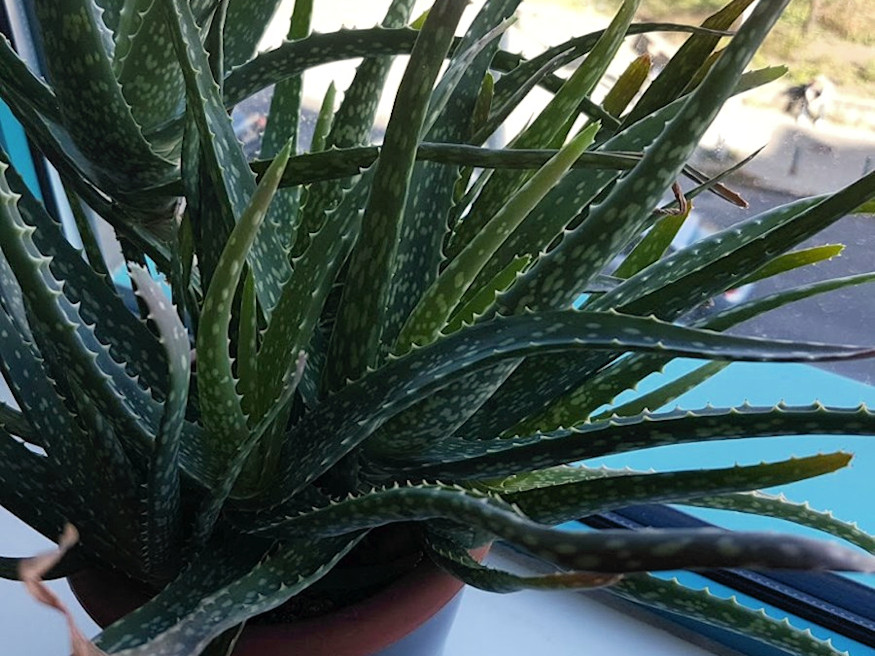
Additional Uses of Aloe Vera
- Detoxification: Aloe vera promotes the detoxification of vital organs like the stomach, kidneys, spleen, bladder, liver and colon. It provides relief for sudden stomach complaints, strengthening the digestive system and alleviating symptoms of arthritis.
- Natural Mouthwash: Aloe vera can be used to create a natural mouthwash, as its active ingredient, chlorhexidine, effectively removes dental plaque, rivaling store-bought alternatives.
- Wound Healing: Aloe vera gel is a potent aid for healing mouth wounds and ulcers, offering relief and speeding up the recovery process.
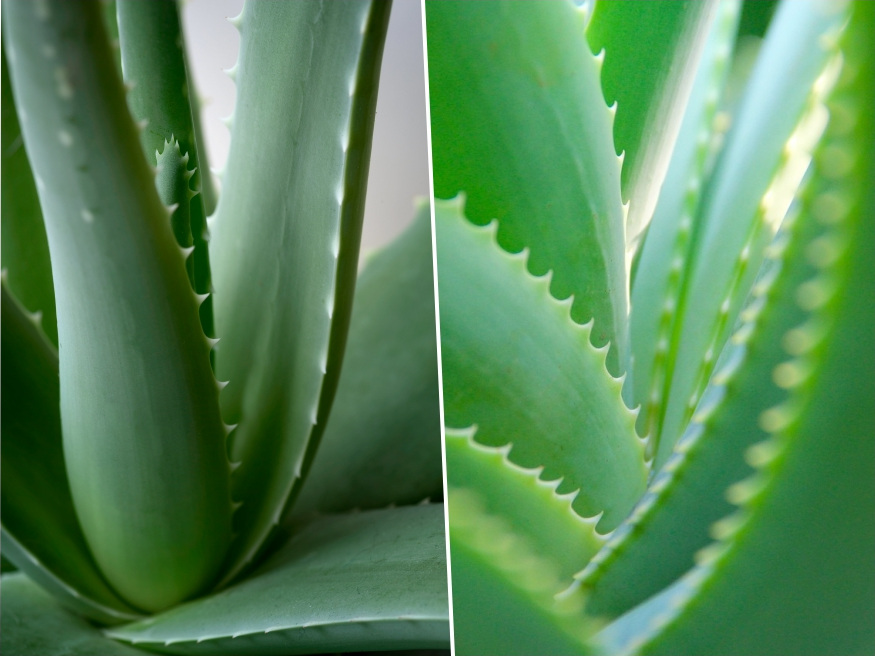
Incorporating aloe vera into your life, either as a potted plant or by harnessing its gel, can bring an array of health benefits and a touch of ancient mystique to your garden and wellness routine. Remember to use it wisely, respecting its potency, and enjoy the diverse ways it can enhance your life.

